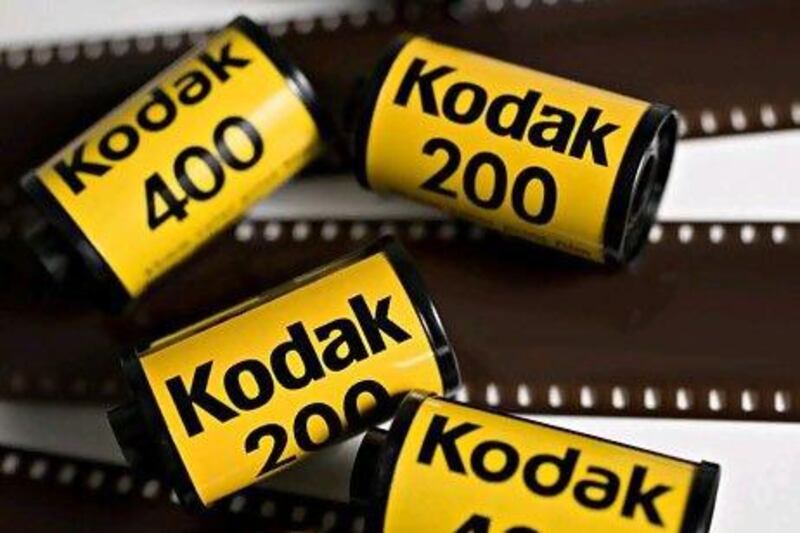The prolonged global financial downturn continues to force many major corporations worldwide either to downsize or shut down completely: thus, workers can find themselves unemployed overnight. Small businesses are not safe either.
I recently read an article about an imprisoned Lebanese businessman in Dubai who was arrested after his once-successful small company failed to continue to operate during the 2008 financial crisis; consequently, he accumulated much debt. He now calls on donors to help to pay his debts so that he can return home to his family.
When uncontrollable factors such as globalisation, financial downturns and technological advances affect a business environment, company owners have either to adapt quickly or fail. These factors wait for no one.
Take Kodak, for example. The company that once sold film to millions worldwide has now filed for bankruptcy protection because it did not adapt well to technological advances. Its debt stands at US$6.8 billion (Dh24.97bn), more than $1bn in excess of the worth of its assets of $5.1bn.
As sobering as that is for the people at Kodak, it is frustrating to see a currently operating business go to waste - failing not because of uncontrollable external factors but because their owners decided to quit owing to personal circumstances such as the illness of a spouse or the lack of energy to manage any longer.
One of my acquaintances decided to shut down her prominent and profitable fashion boutique in Bahrain because she wanted to spend more time with her sick mother.
She quickly sold her available stock, gave some of the money to charity and laid off her staff, who had dedicated more than 10 years of their lives to running the business.
Although I understand that we all need a break sometimes and, more important, need to dedicate valuable time to family, I believe that matters did not necessarily need to end this way.
With planning, the owner could have instructed her staff to sell the business or perhaps delegated the managerial tasks to one of the senior employees until she could return. She would have had the extra time she wanted and continued to generate revenue, or perhaps profit from selling the company while keeping her staff, customers and community happy.
While her business operations certainly did not have a major effect on Bahrain's financial status, it did have an impact on the small community of families and customers who counted on it.
It also had an impact on Bahrain's economy, as some of her clients came from Saudi Arabia and Kuwait and may have stayed in Bahrain's hotels, eaten at Bahrain's restaurants, or even rented cars.
So what can a business owner do when he or she does not have the drive to continue running his or her successful business?
Passive management is a great place to start to avoid wasting a running business. In this case, an owner can slowly reduce his or her involvement in the business and delegate daily operations to employees.
A more advanced approach is passive ownership, which makes the business more valuable to a buyer when a successful business owner wants to sell.
This was adopted by Mohamed Al Fayed, the previous owner of Harrods department store in London, who stepped down to become an honorary chairman of the store after selling it to the Qatar Investment Authority.
Bizbuysell.com is one of numerous websites dedicated to buying and selling businesses, thus preventing them from going to waste.
As though looking at a catalogue, interested buyers and sellers can browse through businesses and franchises worldwide, about 45,000 of them, which they might be interested in purchasing.
Just because a business owner is finished with managing a business does not mean that others cannot make use of it, especially when it aids the community by providing jobs and services or goods to consumers.
In this case, recycling businesses is the perfect term used to describe maintaining a profitable business.
After all, many economies, such as that of China, depend greatly on the revenue generated by small-business owners.
Manar Al Hinai is an Emirati fashion designer and writer. She can be followed on Twitter: @manar_alhinai





